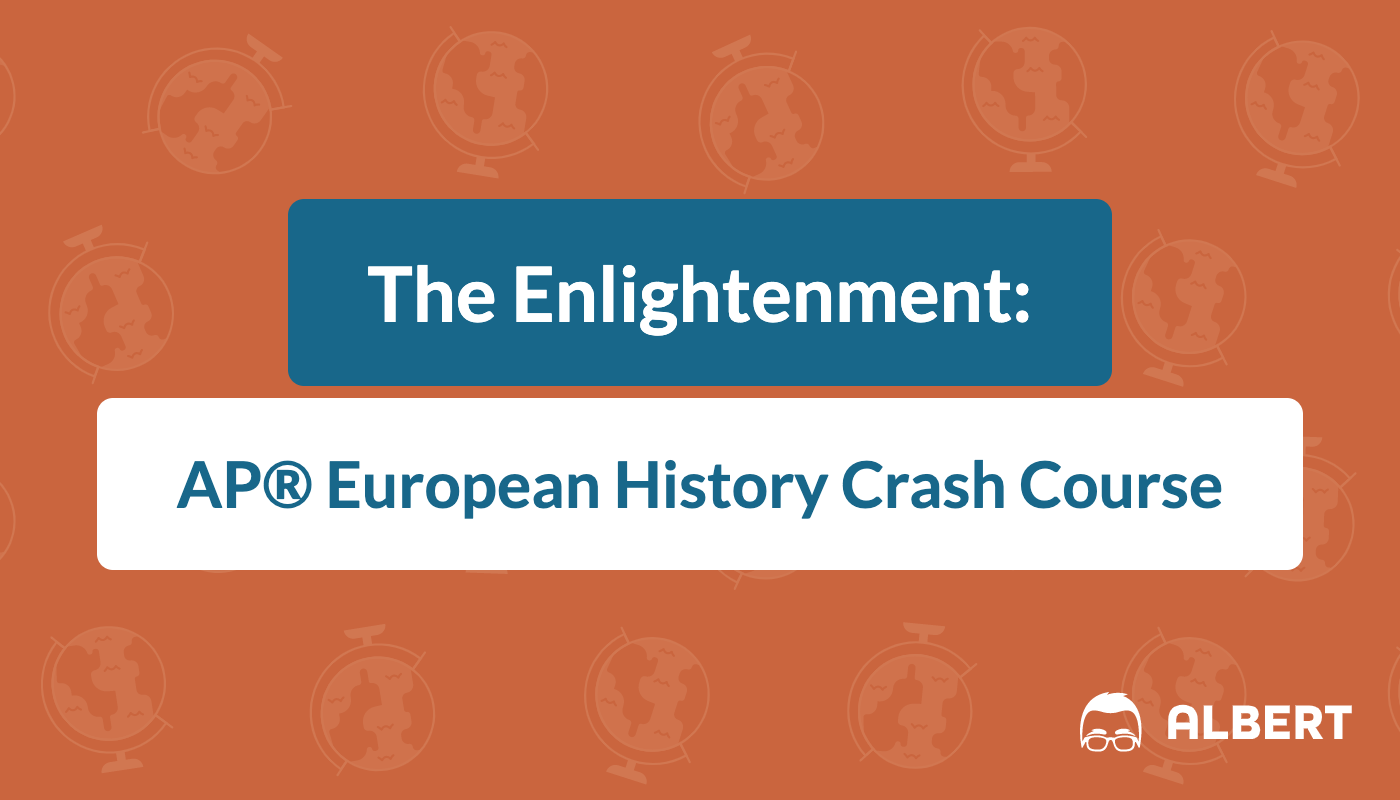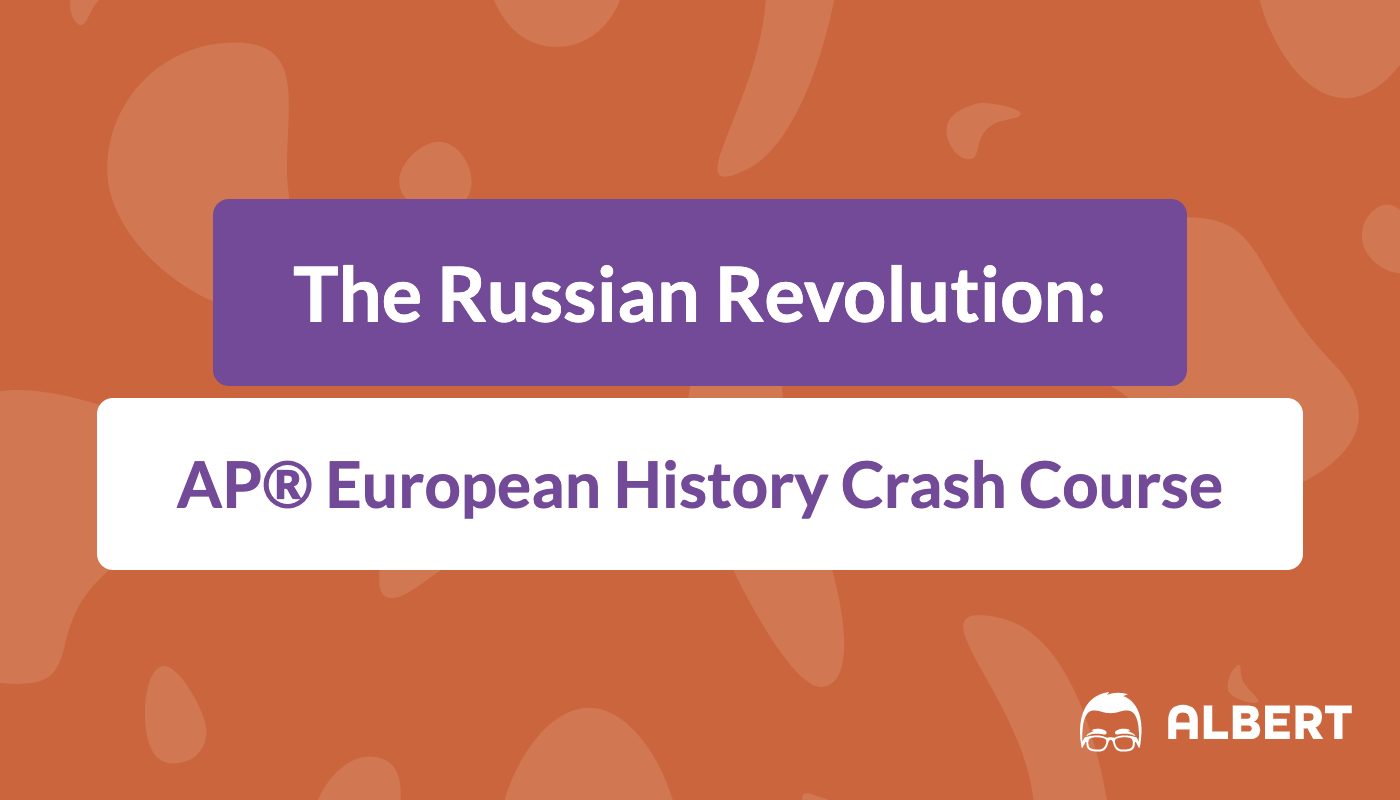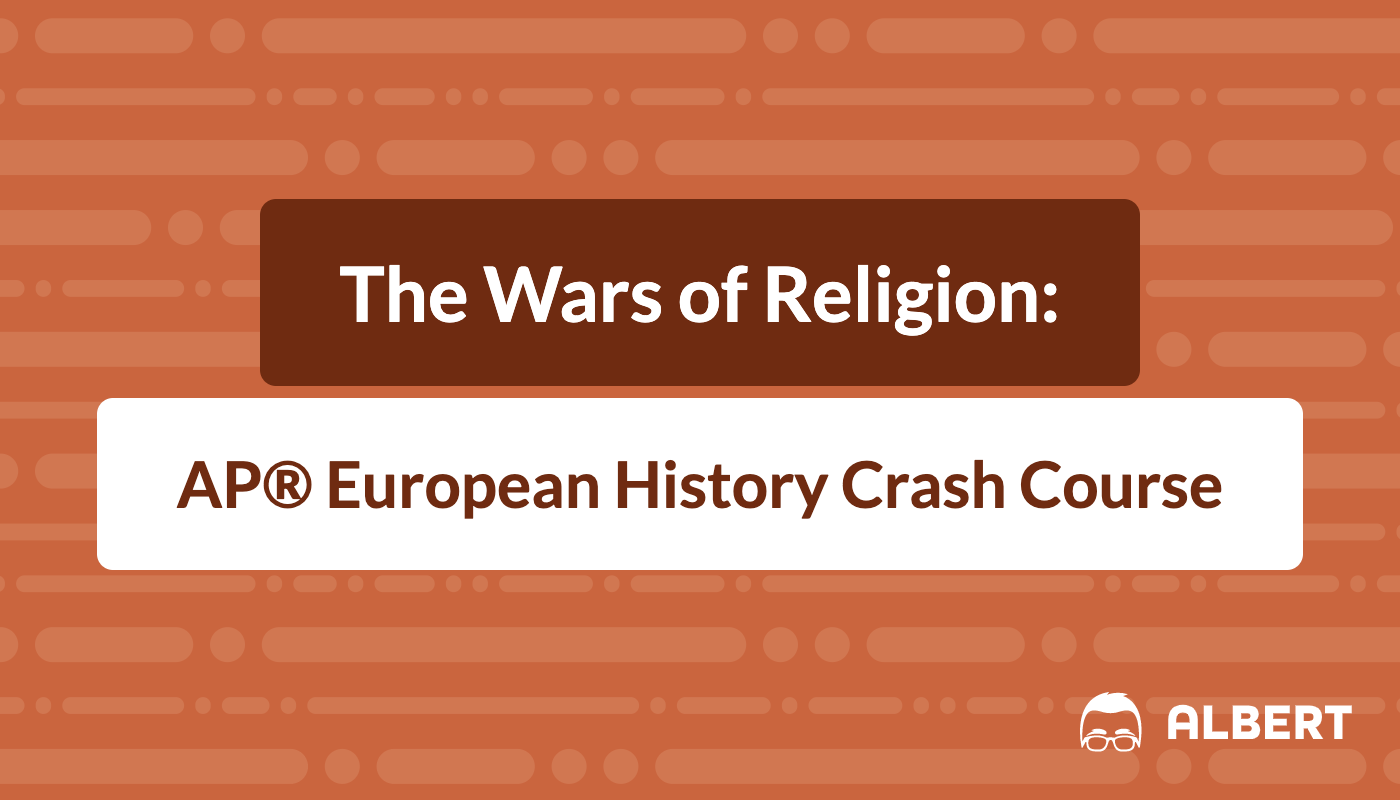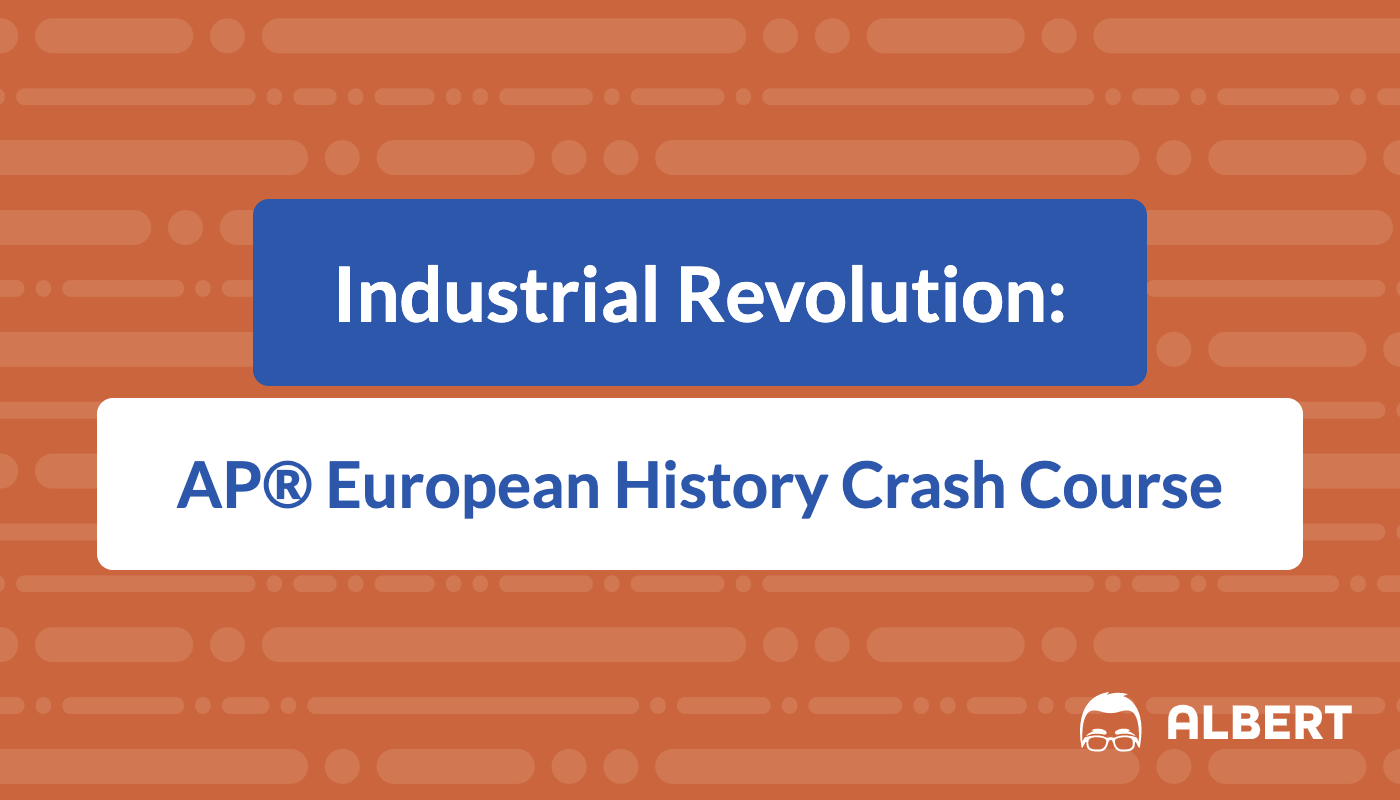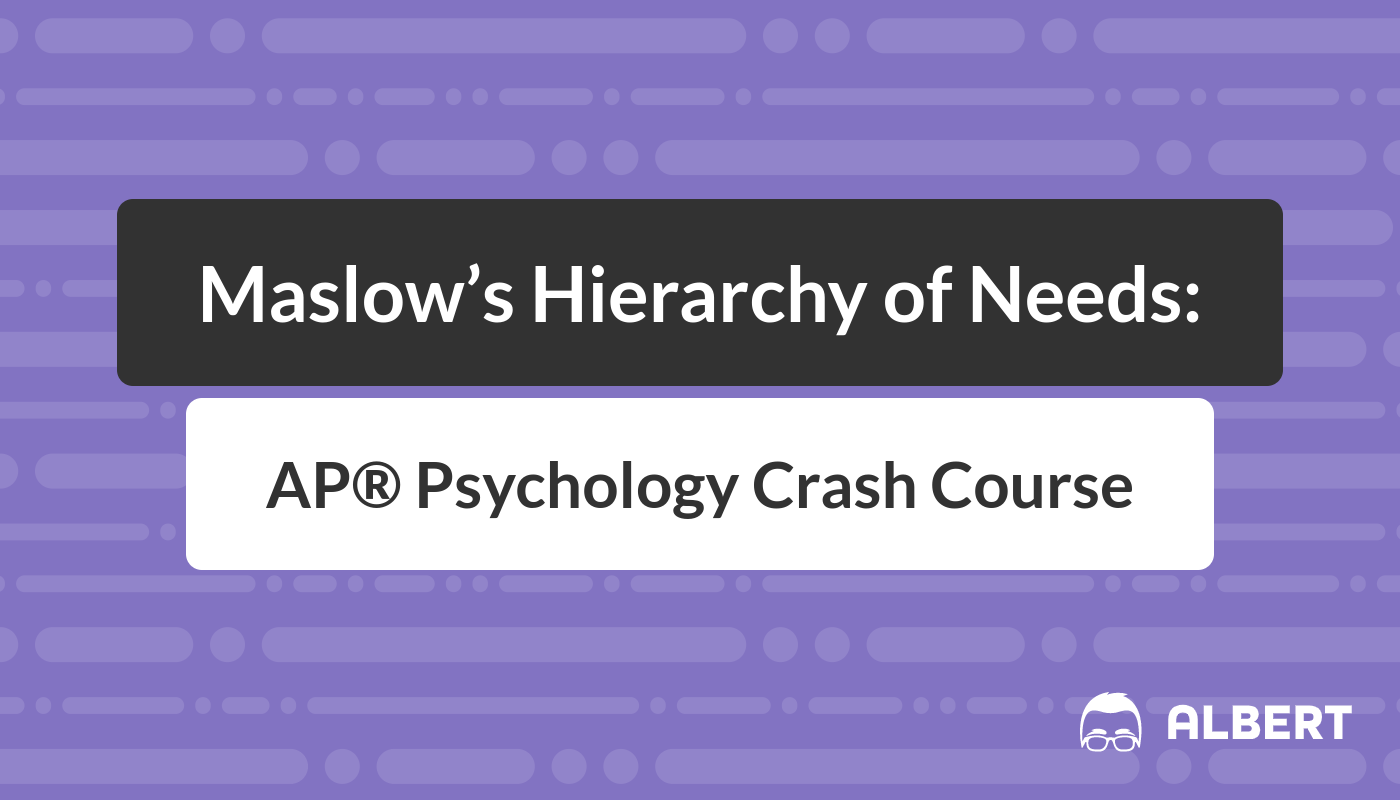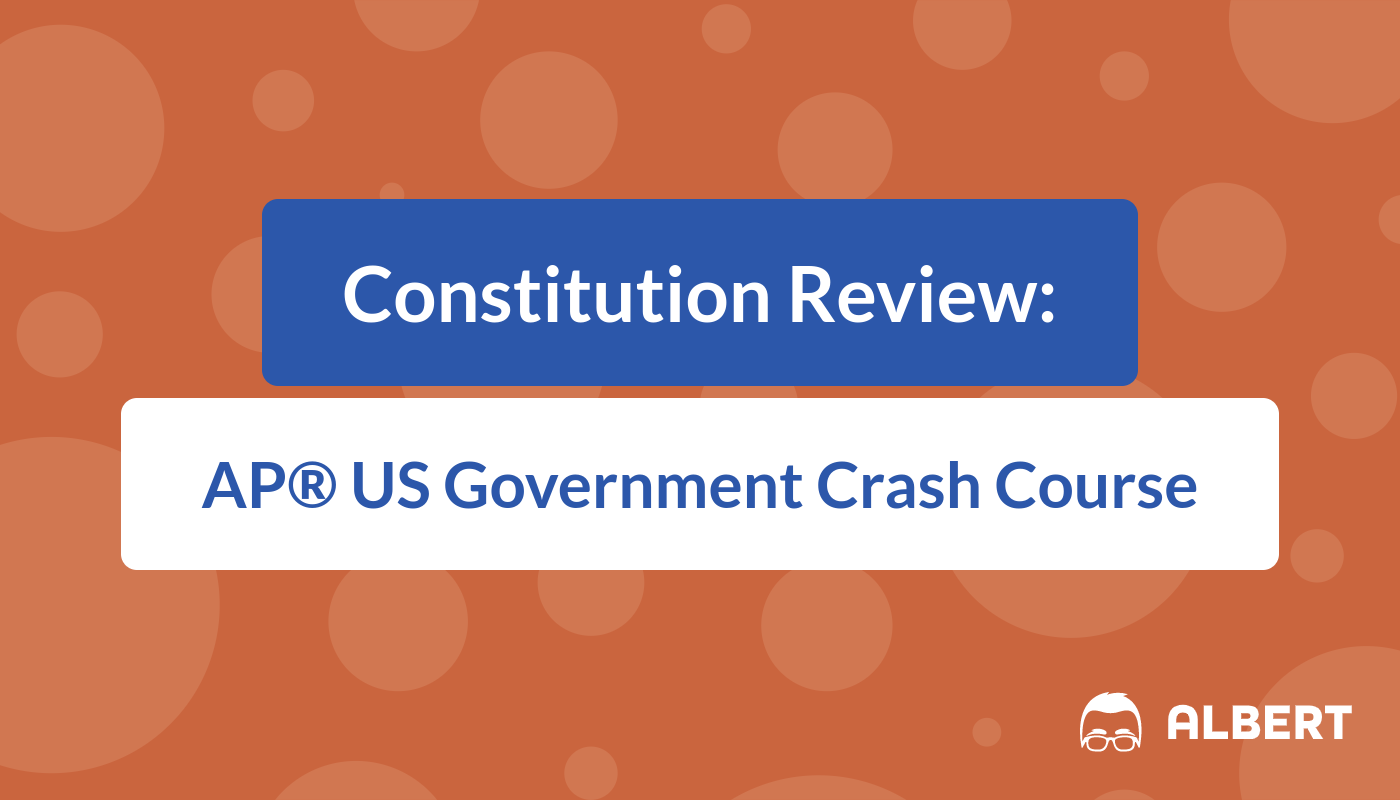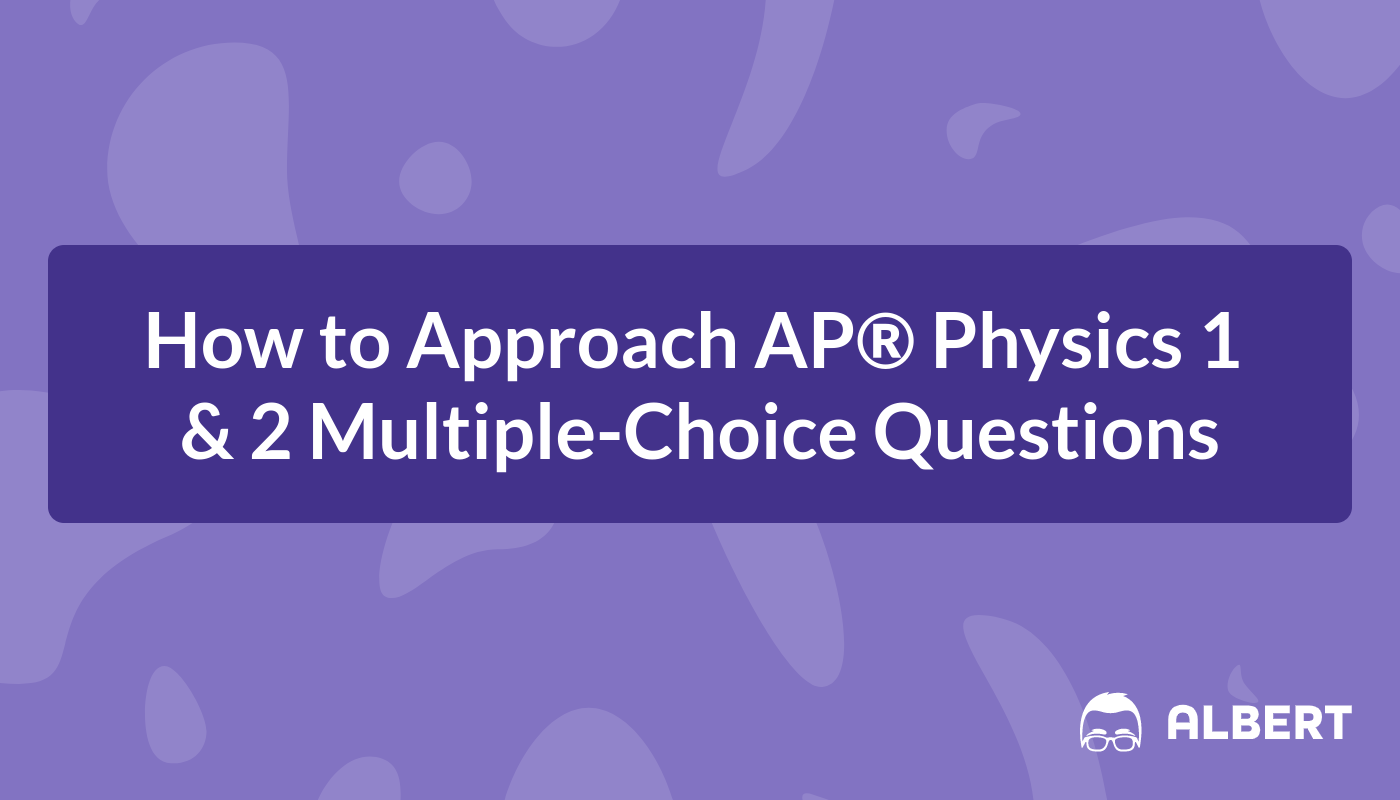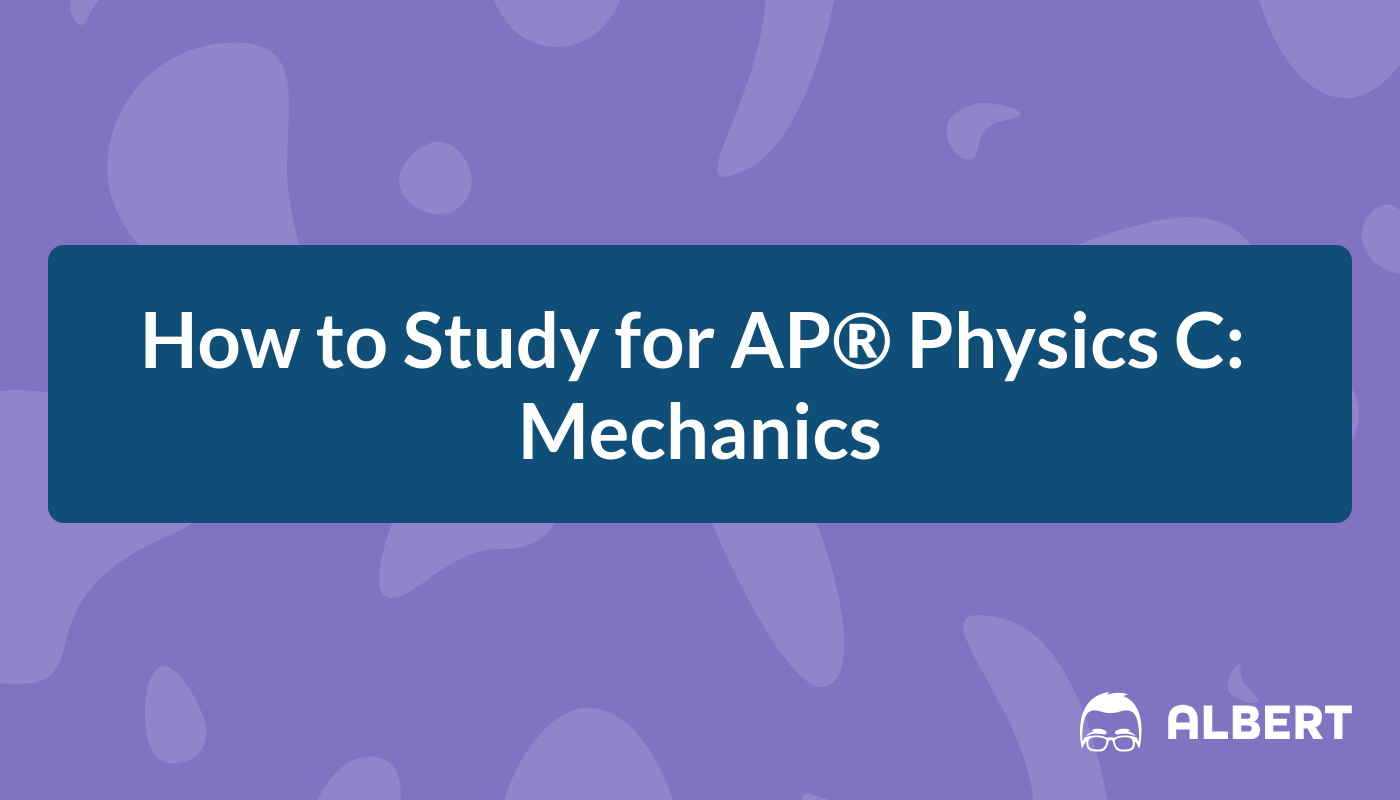The Enlightenment: AP® European History Crash Course
The Enlightenment, otherwise known as the Age of Enlightenment or the Age of Reason, took place from the 1650s through the 1780s. The Age of Enlightenment is characterized by social, economic, and political advancement of thought through reason, science, and an increase in literate skill. This AP® European History crash course on The Enlightenment will cover the core concept, explore the purpose of this age in European history, and review eventualities in which you might encounter The Enlightenment on the AP® Euro test. Continue reading for an AP® European History review of the Enlightenment!

